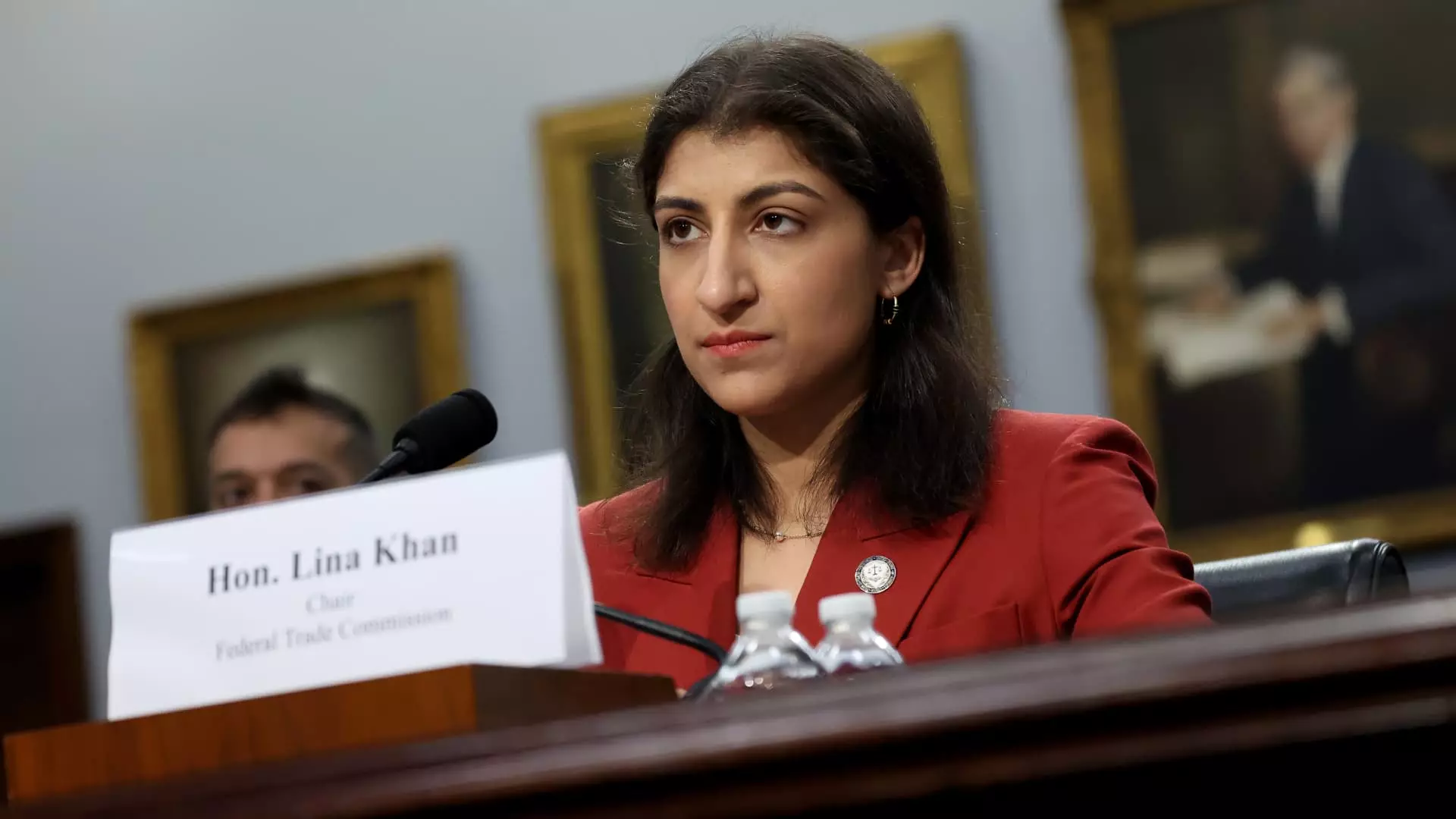The cost of insulin has become a critical concern for millions of Americans living with diabetes, with rising prices leading to harsh economic burdens and, in many cases, causing patients to ration their insulin intake. The recent lawsuit filed by the Federal Trade Commission (FTC) against three major players in the healthcare industry—Optum Rx, Caremark, and Express Scripts—highlights growing frustrations over the role of pharmacy benefit managers (PBMs) in driving up the cost of medications. This suit opens up a crucial dialogue regarding accountability in healthcare pricing and the need for reform.
PBMs serve as intermediaries in the drug supply chain, negotiating prices and rebates with manufacturers on behalf of payers like insurers, employers, and government health programs. They influence what drugs are covered through their formularies and manage prescription reimbursements for pharmacies. For years, these organizations have been criticized for fostering a system that prioritizes profits over patient care. The FTC claim alleges that the actions of these three dominant PBMs contribute not only to inflated insulin prices but also to an overall lack of competition in the pharmaceutical market.
The lawsuit accuses the three PBMs of establishing a “perverse” rebate system that favors higher list prices of insulin to generate more substantial rebates from manufacturers. This results in artificially elevated costs for consumers, especially those who rely on insulin for their survival, as these higher list prices ripple through the supply chain. The complaint, filed through an administrative process, aims to challenge the exploitative practices attributed to these companies and seeks significant changes in how PBMs operate.
Furthermore, the FTC’s investigation, ongoing since 2022, suggests that the practices of PBMs reflect a broader trend in the healthcare sector, where profit motives overshadow the necessity for patient accessibility and affordability. The FTC’s deputy director, Rahul Rao, asserts that this action is a vital step towards correcting what many see as a broken system, one that elevates profits of PBMs at the expense of vulnerable patients.
The reactions from the PBMs involve a mix of defiance and denial. For instance, a spokesperson from CVS Health’s Caremark defended the entity’s efforts in making insulin accessible, labeling the FTC’s assertions as inaccurate. Express Scripts pursued legal action against the FTC, branding the agency’s narrative as unfounded attacks on PBMs. Their responses reflect a broader trend within the healthcare industry where organizations often resist accountability, opting instead to highlight their perceived contributions to drug affordability.
However, this defensive posture arguably detracts from the pressing need for a solution to burgeoning costs. With nearly eight million Americans dependent on insulin, the stakes are incredibly high. Advocacy groups and consumer rights organizations have voiced their support for the FTC’s initiative, emphasizing that transparency and fairness in drug pricing is essential for improving health outcomes for patients.
An examination of insulin pricing reveals a dramatic trajectory of cost increases over the past few decades. For example, the historical price of Eli Lilly’s Humalog surged by over 1,200% since 1999. Such exorbitant price hikes illustrate a systemic issue within pharmaceutical pricing structures, particularly affected by PBM negotiations and manufacturer responses. Through a market dominated by a scant few players—namely, Eli Lilly, Sanofi, and Novo Nordisk, who capture approximately 90% of the market—there is an evident lack of competitive forces necessary to stabilize prices.
Over the years, various legislative efforts, including President Biden’s Inflation Reduction Act, have sought to address some of the inequalities within the insulin market, such as capping prices for Medicare patients. Yet, these initiatives do not stretch far enough to help privately insured individuals, leaving a gap that undermines the overall intent of regulatory actions.
As the FTC lawsuit unfolds, it underscores the urgent need for a reevaluation of how PBMs operate within the pharmaceutical industry. Ensuring drug affordability is paramount, especially given the critical requirements of patients living with chronic conditions like diabetes. With millions of Americans affected by the exploitative practices highlighted in the suit, it becomes clear that systemic reform is essential not only for insulin pricing but for the overall structure of drug pricing in the United States. The implications of this case could catalyze a deeper investigation that leads to transparency, accountability, and, ultimately, a healthier pharmaceutical marketplace.

